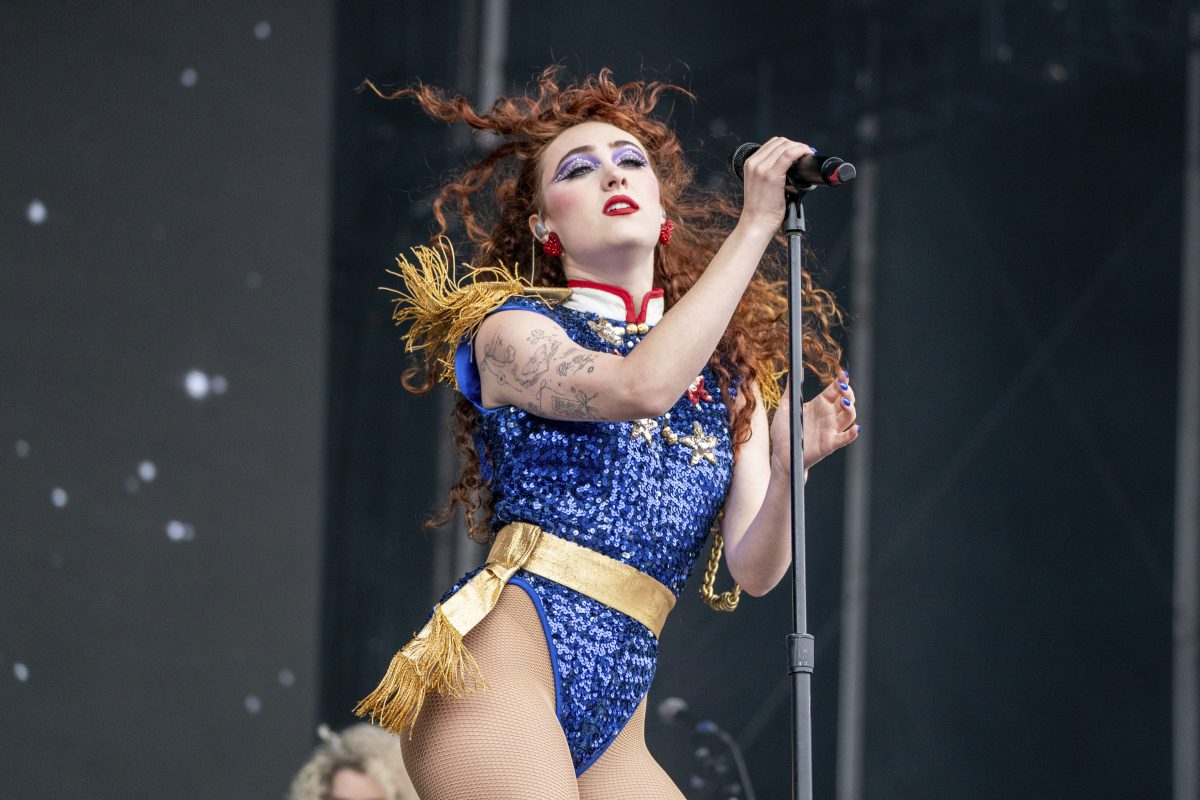Global superstar Chappell Roan has come under fire after demanding that fans give her privacy in a recent TikTok. Roan speaking directly to fans in her video has sparked a debate about parasocial relationships and stan culture.
As media platforms provide viewers with more access to celebrities and other public figures, personal boundaries are going extinct.
This has become abundantly clear with the latest season of “Love Island USA.” The booming reality TV show has captured the hearts of viewers worldwide.
Leah Kateb, JaNa Craig and Serena Page are some notable names from season six, and all three women have gained massive attention with a combined follower count of 6.8 million on Instagram.
The trio referred to themselves as PPG, short for Power Puff Girls, and they attracted millions of new viewers to the show almost immediately. PPG became fan favorites, and this led to some interesting discourse online.
When conflicts arose on the show, things outside of the Love Island villa were much worse. In an attempt to defend their favorite islander, fans took to X (Twitter), Reddit and Instagram to spew hate comments and death threats to the other contestants involved.
Specifically, cast members from the show’s Casa Amor segment received the most vile comments from viewers.
This toxic behavior was finally addressed at the Love Island USA reunion last month. For example, Leah Kateb spoke to viewers and directly asked them to stop spreading negativity on her behalf. The islanders also discussed the mental and emotional impact that those comments had on them.
Everyone deserves privacy and boundaries regardless of their status, so why do fans feel so entitled to celebrities?
As it pertains to Roan and the “Love Island U.S.A.” contestants, I believe fans have found a sense of identity watching them. Roan and the women of PPG serve as representation for queer women and women of color. So, if someone they idolize gets attacked, their fans also feel attacked.
This attachment is what differentiates stan culture from parasocial relationships. While stans are also weird, there’s still a sense of separation from fans and their favorite artist. Stan culture involves blindly following a celebrity through good or bad. These fans are chronically online and allow their favorite celebrity to become a pillar of their personality.
However, those who engage in parasocial relationships take this behavior to another level. They feel a real connection to public figures, and this leads them to push boundaries and invade people’s privacy.
While celebrities aren’t directly responsible for the actions of their fans, it becomes a bad look when they sit back and allow their fans to go berserk on their behalf. Nicki Minaj, Ariana Grande and Beyoncé are just some examples of how stan culture can evolve into parasocial behavior.
What started as a love for music has turned into stan wars, trolling people on social media and even doxing people who have conflicts with their favorite artist. It’s even weirder when you remember that these celebrities don’t know their fans personally, so essentially fans are doing these crazy things for a stranger.
As fans gain more access to public figures, it’s imperative that the proper precautions are taken. Hiding from fans and taking the PR route only feeds into the crazy behavior and curiosity of fans. While it’s sad that celebrities have to demand respect and privacy, speaking directly to fans may be effective.
Jemiah Clemons is a 20-year-old kinesiology junior from Miami, Florida.





